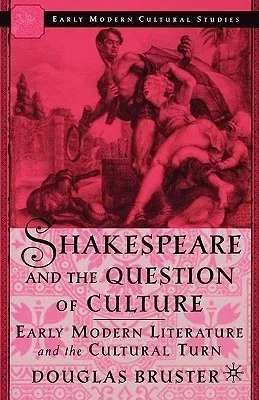D Bruster
(Author)Shakespeare and the Question of Culture: Early Modern Literature and the Cultural Turn (2003)Paperback - 2003, 17 April 2003

Qty
1
Turbo
Ships in 2 - 3 days
In Stock
Free Delivery
Cash on Delivery
15 Days
Free Returns
Secure Checkout
Part of Series
Early Modern Cultural Studies 1500-1700
Part of Series
Early Modern Cultural Studies
Print Length
279 pages
Language
English
Publisher
Palgrave MacMillan
Date Published
17 Apr 2003
ISBN-10
0312294395
ISBN-13
9780312294397
Description
Product Details
Author:
Book Edition:
2003
Book Format:
Paperback
Country of Origin:
US
Date Published:
17 April 2003
Dimensions:
21.59 x
13.97 x
1.73 cm
ISBN-10:
0312294395
ISBN-13:
9780312294397
Language:
English
Location:
New York
Pages:
279
Publisher:
Weight:
385.55 gm

